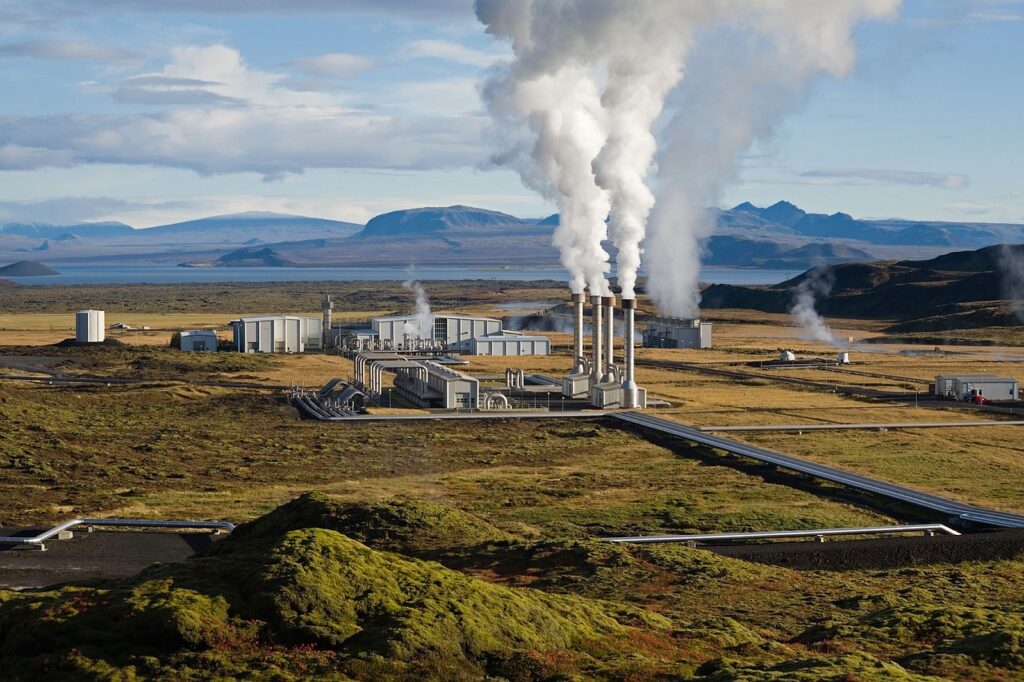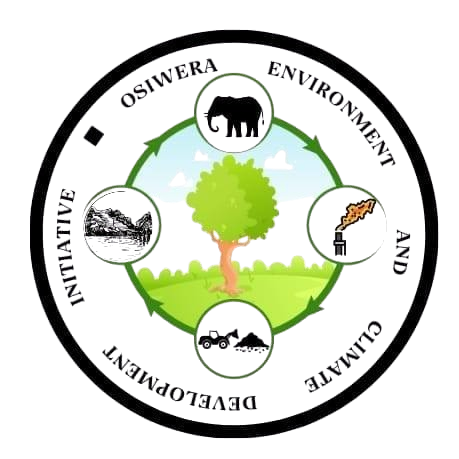In an era of rapid industrialization and population growth, the world’s natural resources—forests, water, minerals, and fossil fuels—are being consumed at an alarming rate. These resources, which once seemed boundless, are now facing depletion, endangering not only our current ecosystems but also the survival and quality of life for future generations. Natural resource conservation has never been more critical. It is imperative that we prioritize sustainable management and thoughtful consumption of these resources to ensure a healthy and habitable planet for those who will come after us.

1. Understanding the Value of Natural Resources
Natural resources are the foundation of human life and the planet’s ecosystems. Forests regulate the climate and provide oxygen, while water sustains all forms of life. Minerals and fossil fuels power our industries and modern infrastructure, and healthy soil provides food for billions. Without these essential elements, life on Earth would not be possible.
However, these resources are finite. Many, such as fossil fuels and minerals, take millions of years to form. Once depleted, they are essentially gone for future use. Forests, water, and wildlife, although renewable, require careful management to prevent degradation beyond recovery.
2. Impact of Resource Depletion
Resource depletion leads to several adverse effects, many of which are already being felt across the globe. Overfishing, deforestation, water scarcity, and soil erosion have become major challenges, pushing ecosystems to their breaking points. These effects are not isolated but deeply interconnected, with one crisis exacerbating another. For example, deforestation accelerates climate change, which in turn affects water cycles and biodiversity.
The consequences for future generations are dire. Resource depletion will lead to food shortages, lack of access to clean water, economic instability, and social unrest. Communities in developing countries, which often rely heavily on natural resources, will be disproportionately affected, leading to greater inequality worldwide.
3. Conservation: A Duty to Future Generations
Conservation is the key to reversing this trend and ensuring that the planet’s natural wealth is preserved for future generations. Conservation efforts focus on the sustainable use of natural resources, protecting ecosystems, and restoring damaged environments.
One of the most important aspects of conservation is the concept of sustainability—using resources in a way that meets current needs without compromising the ability of future generations to meet theirs. This can be achieved through practices like sustainable agriculture, renewable energy adoption, responsible forestry, and efficient water management.
4. Innovative Solutions for Conservation
While the challenges are immense, technological innovations and sustainable practices offer promising solutions for conserving natural resources. Renewable energy sources such as solar, wind, and hydropower reduce our dependence on fossil fuels, helping to mitigate climate change. Smart agriculture technologies, including precision farming, help optimize water and land use, reducing waste and increasing crop yields.
Additionally, conservation programs that protect forests, wetlands, and marine areas are critical for maintaining biodiversity and ecosystem health. Communities worldwide are engaging in reforestation, clean-up efforts, and sustainable fishing practices, ensuring that ecosystems can regenerate and continue providing essential services for humanity.
5. The Role of Individuals and Communities
While government policies and corporate responsibility play major roles in resource conservation, individual action is just as important. By adopting eco-friendly practices—such as reducing waste, recycling, conserving water, and supporting renewable energy—each person can contribute to the broader effort of preserving natural resources.
Communities can also come together to educate and raise awareness about the importance of conservation. Grassroots movements, environmental NGOs, and local initiatives are crucial in spreading knowledge and encouraging others to adopt sustainable lifestyles.
6. A Sustainable Legacy for Future Generations
Ultimately, natural resource conservation is about securing a livable world for future generations. The actions we take today will determine the state of the planet for our children, grandchildren, and beyond. By prioritizing sustainability, fostering innovation, and promoting widespread awareness, we can ensure that the Earth’s natural resources remain plentiful and healthy for all who follow us.
Natural resources are not just an inheritance from our ancestors—they are a trust we hold for future generations. It is our responsibility to manage them wisely and ensure that we pass on a world that is as bountiful and beautiful as the one we enjoy today.
